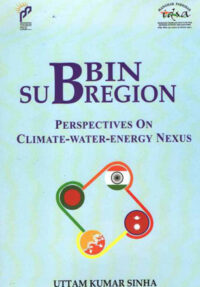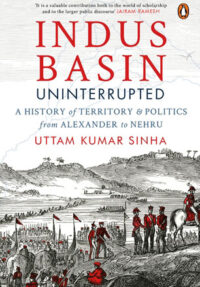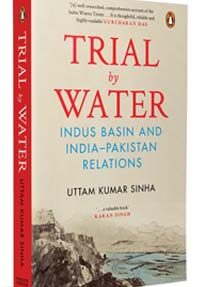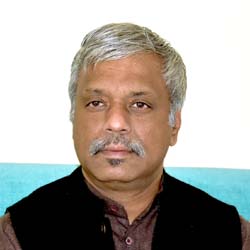India’s Renewable Energy Challenge
India is being subjected to increasing pressure from the developed countries to cut down on its carbon emissions on the grounds that it is the fifth largest consumer of energy. This comes even as there are forecasts that India's energy consumption will increase incrementally as it tries to address the challenges of its social and development goals by increasing and sustaining economic growth at around 8–10 per cent of its GDP.
- Shebonti Ray Dadwal
- January 2010












